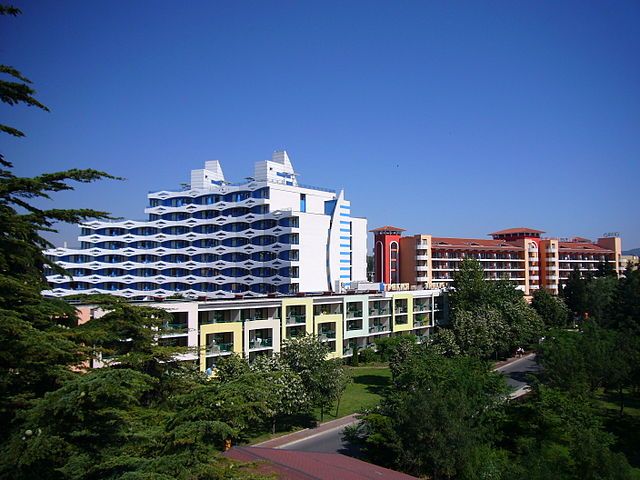A group of Danish guests at the Hotel Baikal in Sunny Beach, Bulgaria have come down with the rotavirus.
The travel agency Spies reported that so far 20 cases have been reported in Danes staying at the hotel.
“We are currently registering about 20 sick Spies guests,” the agency told Ekstra Bladet. “We have had some cases during June and July, but there has recently been a marked increase.”
Highly contagious
Rotavirus is a contagious virus that can cause gastroenteritis (inflammation of the stomach and intestines). Symptoms include severe watery diarrhea, often with vomiting, fever, and abdominal pain. Infants and young children are most likely to be affected by rotavirus. Rotavirus is extremely infectious, as fewer than 100 virus particles are enough to transmit infection.
They can become severely dehydrated and require hospitalisation. In severe cases, death can result.
While the guests infected with the virus are staying at the Hotel Baikal, local authorities say that there is no evidence that the hotel is the source of the problem.
No compensation
According to Norwegian news sources there are a total of 225 guests from Scandinavia at the hotel, and several Swedish and Norwegian guests have also been affected.
“The hotel is a large family hotel (about 600 guests), it could have helped increase the spread of the virus,” said Spies spokesperson Torben Andersen. “Local health authorities have tested samples from a number of guests, and all of the samples point to rotavirus alone and not to conditions at the hotel as a cause of illness.”
Sickened guests are not entitled to compensation, according to Spies.
“Since the virus comes from the outside, neither Spies nor the hotel is responsible.”















